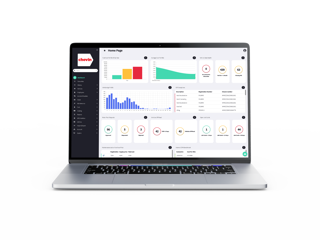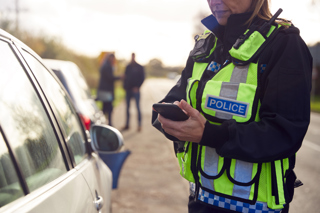Chevin is offering guidance to fleets on how to use its software in order to implement new policies relevant to recently-introduced drug-driving laws.
It is now an offence to drive with certain controlled drugs above a specified level in your blood, just as it is with drink-driving.
Penalties include a minimum one-year driving ban, a fine of up to £5,000, up to six months in prison and a criminal record.
Ashley Sowerby, managing director of Chevin, said: “Fleets need to respond to these changes at a policy level, looking at how to handle anyone who is given a drug-driving conviction and also how to manage drivers who are currently taking prescription drugs.
“The latter situation is one especially that may require careful management.
"There is a long list of prescription medications affected by the new laws.
"If you have been prescribed them by a medical professional, there is a defence is law, but it would much better – arguably even essential - for employers to know whether drivers are taking them in advance from a risk management point of view, especially if they could potentially affect driving ability.”
Ashley said that in Chevin’s FleetWave software, the driver module could be used to record and monitor almost any duty of care issues and that this would be the most practical and effective method of managing the new situation for existing users.
Also, licences could be batch checked with the DVLA for relevant endorsements direct from the system.
“Certainly, we are offering guidance to fleets on the best way to amend their policies to take account of the new laws and how to use their software to implement these changes,” he added.
Legal prescription drugs affected include common medications such as clonazepam, diazepam, flunitrazepam, lorazepam, methadone, morphine, oxazepam and temazepam.
The limits for illegal drugs such as cannabis, cocaine, ecstasy and ketamine are extremely low – taking even a very small amount of an illegal drug could put drivers over the limit.
Ashley added: “Fleets also need to embark on an education programme to ensure that drivers are aware of any risks.
"Rightly or wrongly, on any sizeable fleet, there will probably be users of cannabis and cocaine, but these employees may not be aware of the change in law and the way in which this could affect their licence, their job and even their liberty.”


















Jennifer Close - 23/04/2015 15:04
The service provided by Chevin is a must for companies that have fleets. As a motoring law expert, I see first hand the long term effects a motoring conviction can have let alone a drug diving conviction. **link removed**